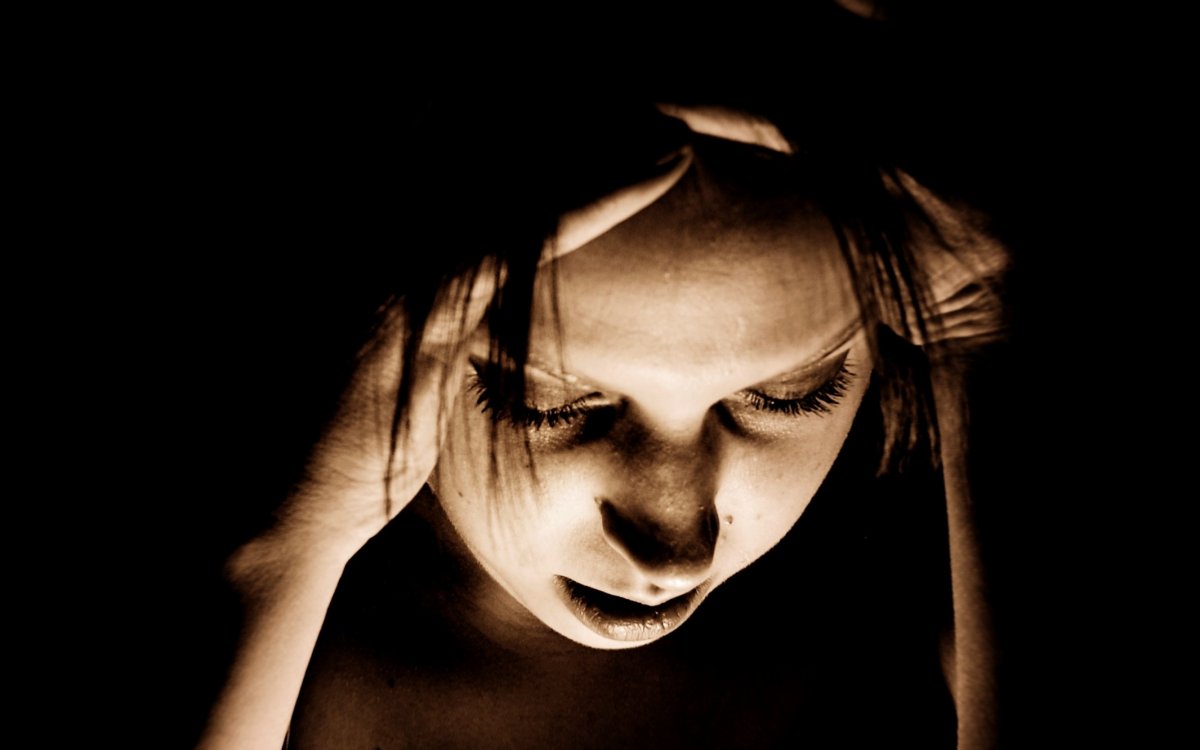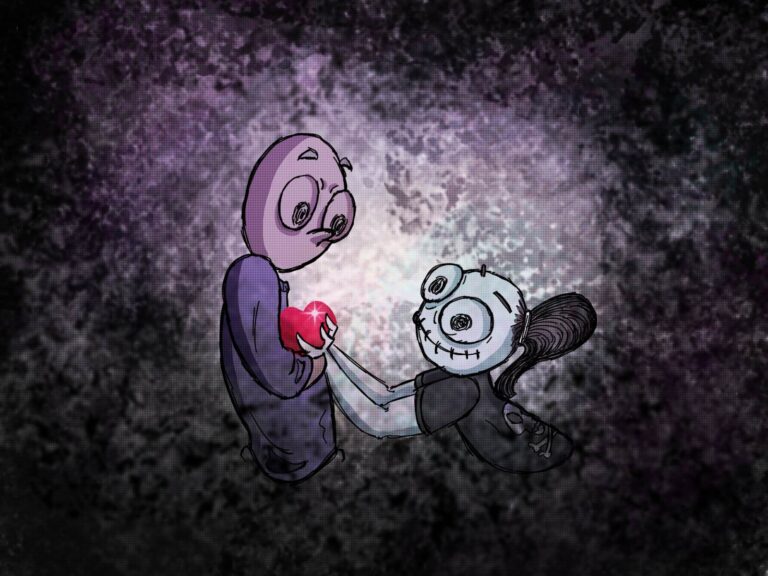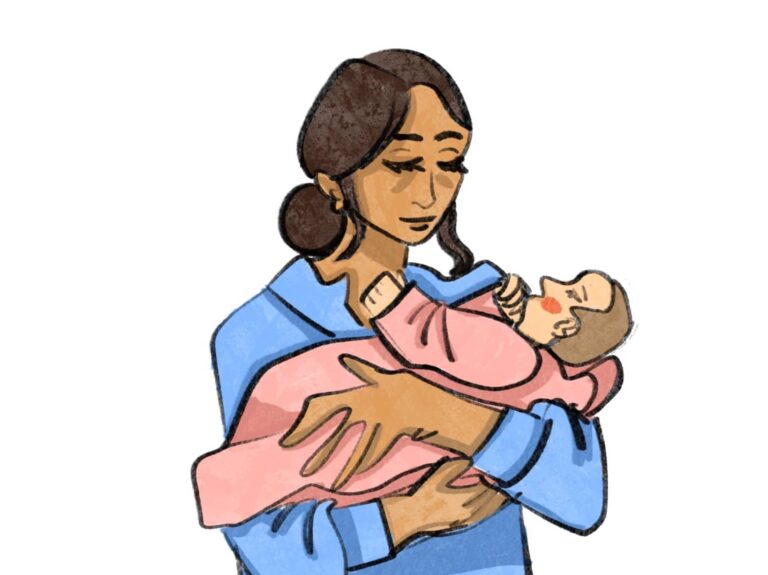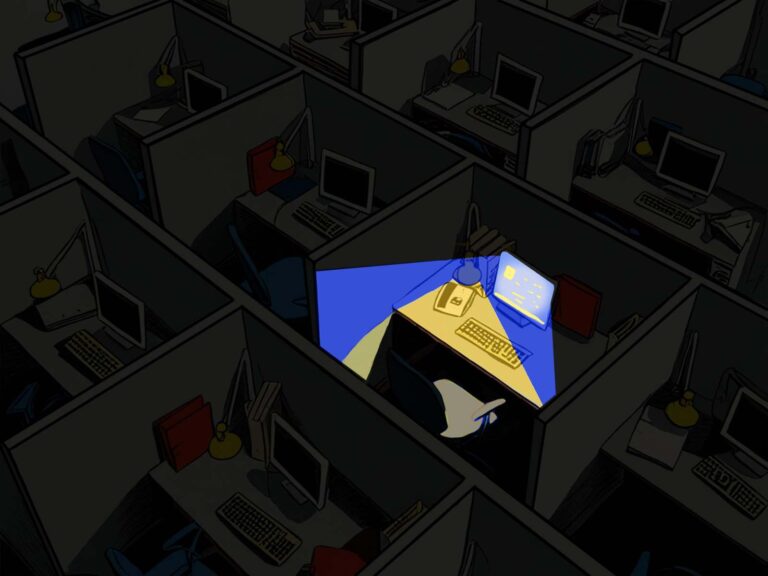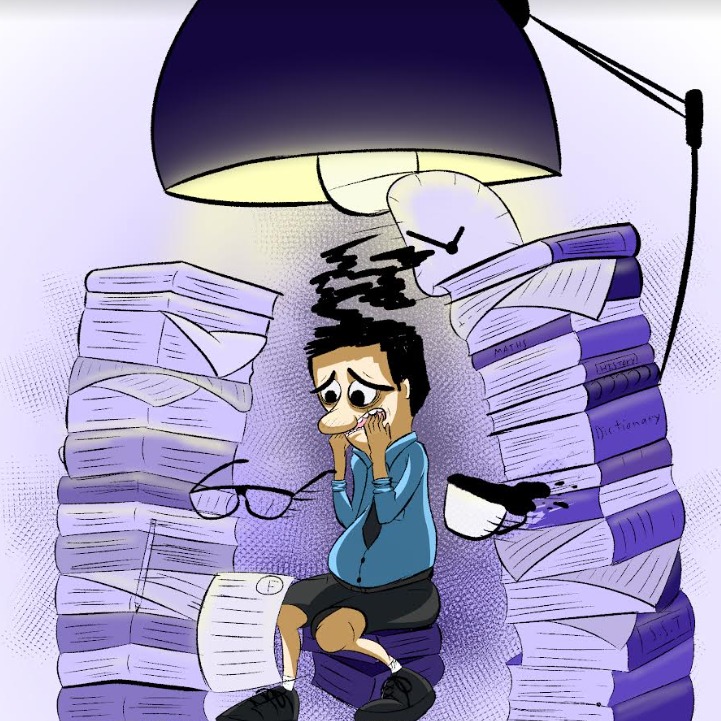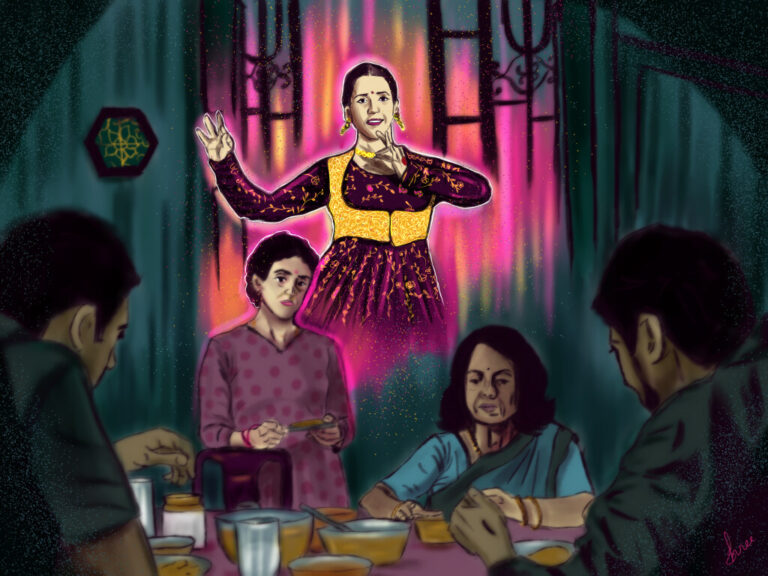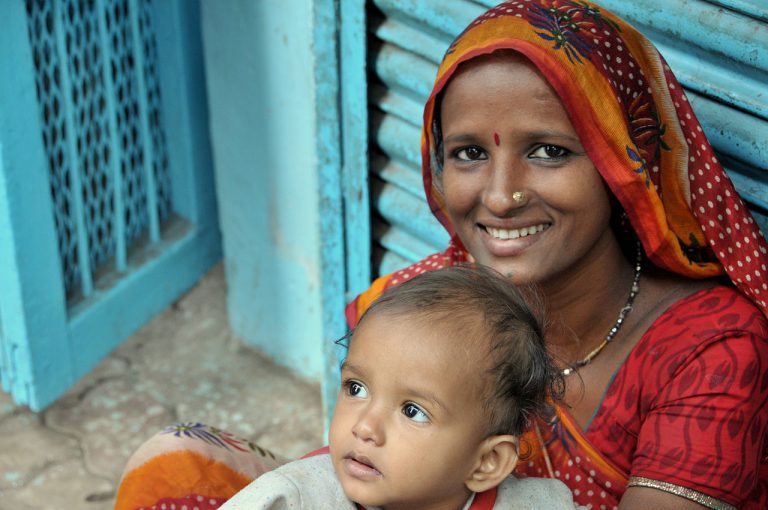Mental health: Are we dealing with stigma virtuously?
False belief and misconceptions about mental illness can cause significant damage. We often hear news like people committing suicide or causing self-harm. But how often do we understand that such suicidal thoughts are results of generations of a breakdown which is going within? Well, the social stigma attached to mental illness makes people around unapproachable. Mental health issues are considered a sign of weakness. What people forget to understand is the fact that mental illness is like any other ailment without unrushed symptoms. What happens when we catch any other infection in some particular organ of our body? We perceive that our immunity was weak, thereby infection. Similar is the scenario of mental illness, when you undergo clinical symptoms of mental issues, just understand we as a society failed to offer the helping hand which had been asked for by the vulnerable brain. And with a lack of complete awareness about mental distress, we often find attached, outrageous stigma and discrimination.
Unfortunately, earlier this month came news of a successful young talented actor in his thirties committing suicide. He was diagnosed with clinical symptoms of depression and was under medication.
I have seen many people raising their voice about how unfortunate they were at not being able to lend their helping hand to him. On the other hand, I have also seen people being critical of the poor fellow for not being able to sustain the pressure of life and deciding to end something so precious. Interestingly, in one of his movies, he presented to the society the message of not committing suicide. Yet he ended his life. Do we understand the crisis of the situation that despite being a role model for the society, he couldn’t stand for himself? This event provided us with evidence about how superficially we are living our life, that there is no absorption and we are inclined towards adsorption only. Well, whatever happened was extremely saddening and emphasised how we lack in terms of mental well-being. Now let us understand what mental well-being is. According to the World Health Organisation (WHO), Mental Health is the absence of mental disorders, and it is an integral and essential part of health.
Another question which arises here is why mental illness is not being dealt with in a similar manner as we see in the case of other diseases? According to science, most people who experience mental health distress can recover completely if provided early help. However, most of the cases, especially in our country, go unreported. Do we understand why? It is because of the attached stigma and discrimination towards mental issues. Such practice in our society where even psychological treatments are regarded with disgrace leads to the reluctance of patients to even consult doctors.
Recall from your past, how you have stigmatised someone who is habitual of drinking? We often call them having low self-will. Well, substance abuse like alcohol, drugs, tobacco is also a kind of mental illness. How many of us are aware of it? I believe very few because we attach stigmas for such health issues in our society. And do we understand what are the harmful effects of such stigmas? The matter of the fact is that people do consider it a joke and don’t even acknowledge such hardships. Rather societal pressure of not understanding pushes people towards this entanglement from where it becomes difficult to come out. People often notice weird behaviour of their close ones, but never look for the root of it. Some of the adverse effects of stigmas against mental issues are:
(1) Reluctance to seek treatment
(2) Fear of being judged leads to hiding truth about mental distress
(3) Negligence of society, harassment and bullying
(4) Lack of societal contact and aloofness
There is this saying that you don’t understand others’ problems unless you go through it yourself. I understand that some people may not be able to understand the pain one goes through while being in distress. But do we really acknowledge this fact that our vision presents an unforeseen stigma and discrimination against people who go through it? People often confuse depression with sadness that they undergo in their day to day life. Depression is not about having no friends, but it’s about having friends who do not care. Depression is a war which you either win or die trying. Depression is about how colour blind the world is and how colourful patients seem. No one wishes to have dark days, sleepless nights and grumpy mornings. Depression is not a choice. Sometimes when people say they are ‘okay’ they might even require words like ‘I know you are not’. When people say that they could have told, we often fail to realize, depression is like living in a body that tries living with a body which wants to die every day.
Determinants of mental health
There are many factors which govern the occurrence of mental illness like social, psychological or biological factors. Poor mental health also has an association with rapid social change, stressful work conditions, gender discrimination, social exclusion, unhealthy lifestyle, physical ill-health and human rights violations. Certain psychological and personality factors make people vulnerable to mental health problems. Biological risks include genetic factors. Though biological factors are inevitable at times, social and environmental factors can be controlled effectively.
How to cope with the existing stigma?
There is no doubt that social stigma and discrimination that they face make their difficulties even worse and make their recovery hard and slow. The critical area of concern and the way to cope is to acknowledge mental issues and not let social stigma define its recovery pace. Dealing with stigma is not easy but what is worse is the lack of awareness among patients and caregivers, leading to misapprehension. An environment which supports and respects the integrity of a person to support and provide basic fundamental rights is a must for improving mental health. Self-help approach is effective in coping up with adverse mental illness. Self-help approaches can be promising to understand the vast gap in our strategies to fight against mental distress. Depression, anxiety or substance abuse is the resilience of our own body which messes up with our mind. We, the caregivers and the ones who require care should acknowledge that one is allowed to feel messed up inside out. It doesn’t mean you are defective; it just means you are human. Humans who undergo pain and fail to express it due to lack of support are most vulnerable and should be given consideration and assured that they aren’t alone instead of subjecting them to the pressure of stigma and discrimination.
There are times when explanations, no matter how reasonable, just don’t seem to help. ~ Fred Roger
Don’t explain to them just be there to listen and support those who seek it.
Featured Image Credits: Wikimedia


